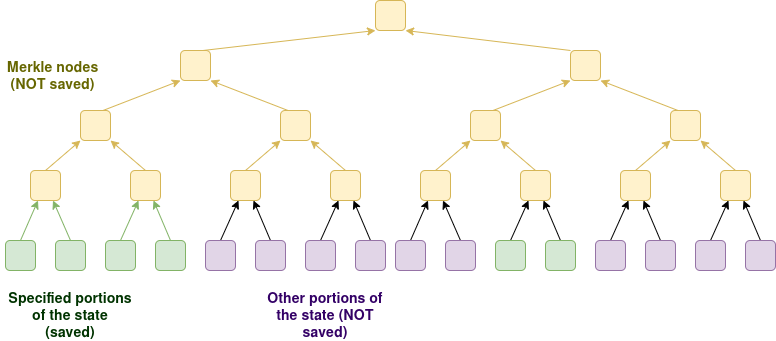In a bold and stunning turn of events, Vitalik Buterin, the so-called “mad scientist” behind Ethereum, has finally unveiled a plan that promises to make running your own personal Ethereum node a walk in the park. Oh, wait, did we say “walk in the park”? We meant “a complicated, highly technical journey full of hope and the occasional existential crisis.” But hey, it’s all for the greater good of decentralization, trustlessness, and privacy, right? 🙄
The latest plan centers around scaling Ethereum in a way that, for the first time, actually seems to care about the users. Imagine this: no more full nodes clogging up your system and making your life miserable in a world where gas fees are as high as your anxiety levels when you see them. The goal is to allow for local nodes that don’t leave you feeling like you’re running a personal server farm. Take that, centralized systems! 😏

But wait—Buterin isn’t done yet. He’s not just talking about “cryptographic solutions” like Zero-Knowledge EVMs (ZK-EVMs) or Private Information Retrieval (PIR)—oh no, that’s too easy. Apparently, those don’t cut it for his vision of a utopia where nodes are self-hosted, censorship-resistant, and oh-so private. Because, you know, what good is privacy if you’re still getting data profiled by some faceless corporation? What an absolute nightmare. 😱
Now, in a stroke of brilliance (or madness, depending on your perspective), Vitalik has come up with EIP-4444. This “masterpiece” is designed to slash your node’s disk space usage like a samurai cutting through butter, reducing node history storage to a mere 36 days. Yeah, that’s right, just 36 days. And why not? Who needs long-term memory when you can throw it all away after a month? Forget about holding on to everything forever—let’s live in the moment! 😎
But of course, that’s not all. Buterin also supports the idea of a distributed history storage system, using something called “erasure coding.” Sounds fancy, right? It’s a way to store data over the long term without begging for mercy from centralized entities. But let’s be real—this is Vitalik’s way of saying, “Don’t trust anyone, not even me!” But hey, at least it sounds cool. 🧐
The real kicker here is the concept of “partially stateless nodes.” Oh, it’s just a little something Vitalik invented to make your node care only about the parts that really matter—like your favorite ERC-20 tokens or the latest cat videos on your favorite dApp. No more clutter. No more excessive history. Just the important stuff. Because who has time for the rest? 📉
Oh, and did we mention Merkle proofs? Yeah, apparently, you don’t need them anymore. You can just rely on “on-chain configuration contracts” to customize your node’s state. But, of course, Vitalik also suggests adjusting gas prices, because—well—let’s be real: Ethereum wouldn’t be Ethereum without some economic wizardry. Lower execution costs but higher state creation costs? Makes perfect sense. Right? 💸
In the end, this whole thing boils down to one clear message: Vitalik wants personal full node operation to stay alive and kicking, even if Ethereum’s L1 scalability issue is still hanging around like that one guest who never knows when to leave. But hey, we’ll just wait and see if the network can actually handle it. Stay tuned for more updates, and good luck running your node—if you’re brave enough. 🍿
Read More
- Clash Royale Best Boss Bandit Champion decks
- Mobile Legends: Bang Bang (MLBB) Sora Guide: Best Build, Emblem and Gameplay Tips
- Vampire’s Fall 2 redeem codes and how to use them (June 2025)
- Best Hero Card Decks in Clash Royale
- Clash Royale Furnace Evolution best decks guide
- Best Arena 9 Decks in Clast Royale
- Dawn Watch: Survival gift codes and how to use them (October 2025)
- Clash Royale Witch Evolution best decks guide
- Wuthering Waves Mornye Build Guide
- ATHENA: Blood Twins Hero Tier List
2025-05-19 12:45